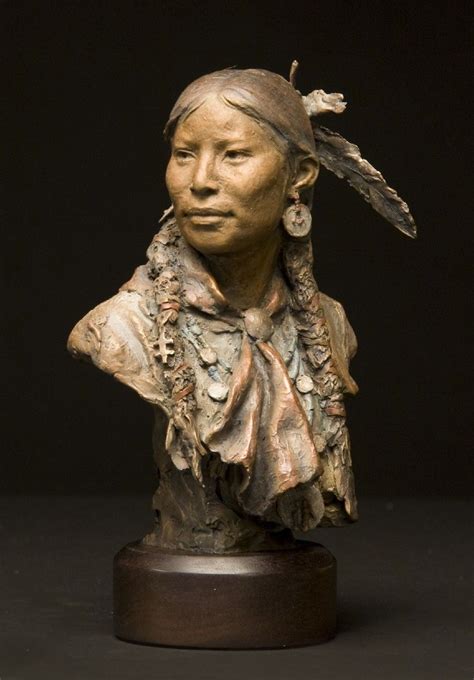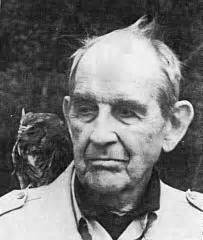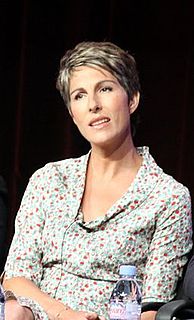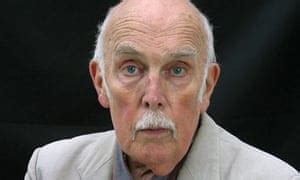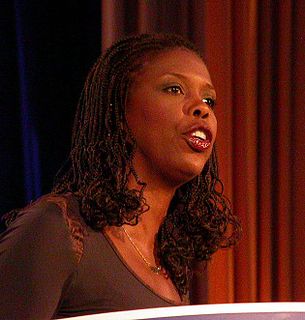A Quote by Mikhail Bakunin
The truth is that the whole life of the worker is simply a continuous and dismaying succession of terms of serfdom - voluntary from the juridical point of view but compulsory in the economic sense - broken up by momentarily brief interludes of freedom accompanied by starvation; in other words, it is real slavery.
Related Quotes
The South was at the point where the scale was tipping against slavery. It was slowly dawning on the plantation owners that slave labor was not economic, besides being morally wrong. Slavery was destined to be abolished, whether for economic reasons or moral reasons matters not, but the international intriguers were not going to wait for voluntary abolition to rob them of their trump card.
But every point of view is a point of blindness: it incapacitates us for every other point of view. From a certain point of view, the room in which I write has no door. I turn around. Now I see the door, but the room has no window. I look up. From this point of view, the room has no floor. I look down; it has no ceiling. By avoiding particular points of view we are able to have an intuition of the whole. The ideal for a Christian is to become holy, a word which derives from “whole.
Between labor and play stands work. A man is a worker if he is personally interested in the job which society pays him to do; whatfrom the point of view of society is necessary labor is from his point of view voluntary play. Whether a job is to be classified as labor or work depends, not on the job itself, but on the tastes of the individual who undertakes it. The difference does not, for example, coincide with the difference between a manual and a mental job; a gardener or a cobbler may be a worker, a bank clerk a laborer.
We call 'Slavery is wrong' a moral truth because there is a specific history of theoretical investigation of a particular kind of slavery. We discussed it for centuries in metaphysical, economic, biological, and philosophical terms; we listened to all the arguments pro and con, we read all the testimonies of slaves and witnesses, and we decided. Though this 'we" is not everybody on earth, or even most people, who've never thought about slavery much.
Freedom is not simply the circumstances that allow you to do whatever you want. Freedom is not only the opportunity to choose. Freedom is the strength of character to choose and to do what is right. With that in mind, our age is not an age of freedom, but an age of slavery. It is subtle, but it is real. The foundation of freedom is not power or choice. Freedom is upheld not by men and women in government, but by people who govern themselves.
I am interested in shows that are not out-and-out gag fests: you see the truth of a broken heart behind them. That is what life is like: it's really funny, you see funny things as soon as you step out of the room, but underneath that is a whole bag of broken hearts. It's that real pain and that real hilarity that makes life so intriguing.
If, of course, one builds into the concept of an 'individual' all that Professor Hayek does in his Road To Serfdom, Individualism and Economic Order and many other works, which is, to put it briefly, the whole of laisser-faire economic theory, then plainly man as such a programmed predator has very little interest in being fraternal, or very little chance.
When caring for your neighbor becomes a compulsory obligation imposed by government instead of voluntary, charity turns to confiscation and freedom to achieve to involuntary servitude. To liberals, compassion seems to be defined by how many people are dependent on the government; to conservatives, it's defined by how many people no longer need help. One promotes dependence, the other freedom, responsibility and achievement.

